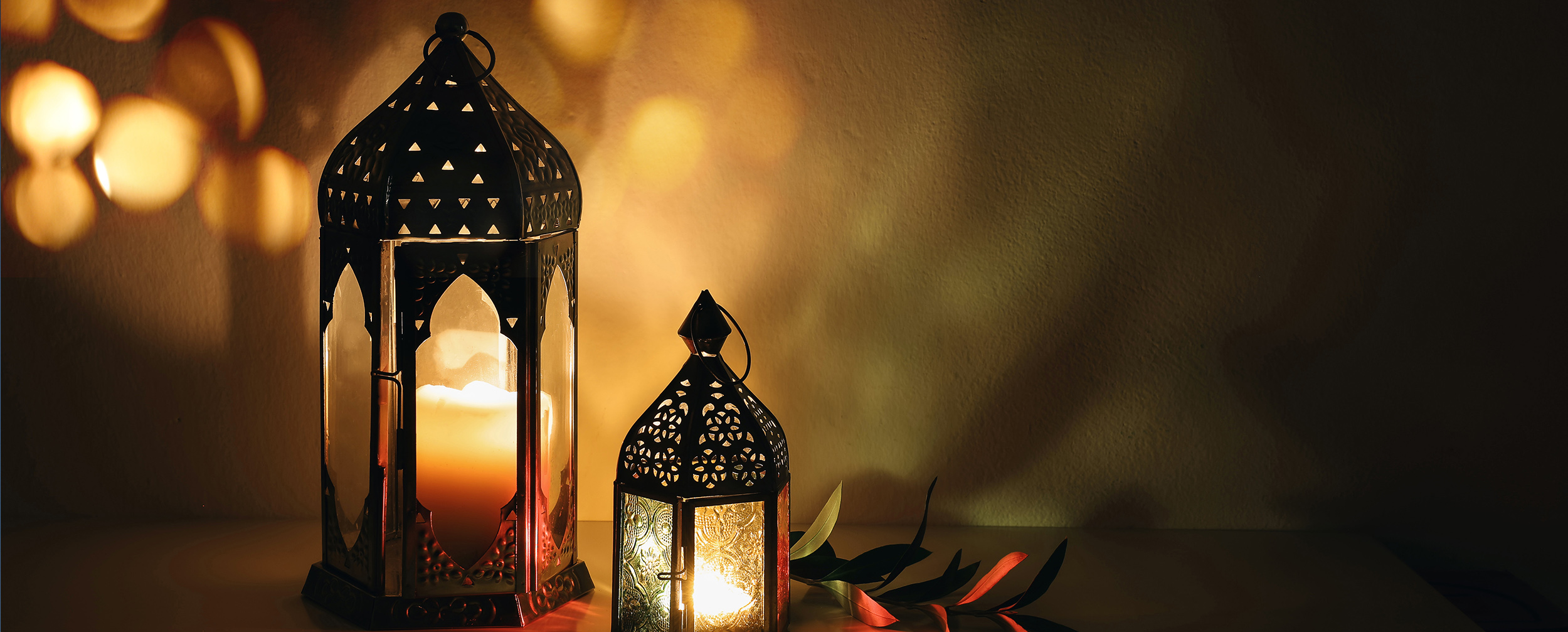STORIES BY DIWAS

Lifestyle
Decode the Significance of Diwali & Its Timeless Traditions
Date 25 September 2025 Reading time: 7-10 mins
The name 'Deepavali' literally translates to 'row of lights' – those clay diyas you see adorning every corner during this season. The significance of Diwali stems from multiple narratives across Indian mythology, with Lord Rama's return to Ayodhya after defeating Ravana being the most widely known.
The significance of Diwali extends far beyond religious symbolism. It marks new beginnings, strengthens family bonds, and celebrates prosperity in all its forms. From the oil lamps illuminating homes to the exchange of sweets and gifts, every Diwali tradition carries deep meaning.
As India's most widely celebrated festival, understanding its essence helps us connect with our roots while celebrating in a contemporary style.
The Cultural Significance of Diwali
The Diwali cultural significance runs deeper than religious observances. It's about renewal – physically through home cleaning and decoration, financially through new ventures and purchases, and spiritually through prayers and reflection. The festival encourages us to shed negativity and welcome positive energy, making it a psychological reset button for millions.
Family reunions form the heart of this festival. The significance of Diwali as a unifying force becomes evident when you see diverse communities celebrating together. Dhanteras kicks off the shopping season, with families purchasing everything from gold to gadgets. The festival contributes significantly to annual retail sales, making it India's biggest shopping season.
Understanding the Significance of Diwali Traditions
Diwali traditions have remained remarkably consistent across centuries, passed down through generations like precious heirlooms. These customs create a framework for celebration that binds communities together.
The five-day structure of Diwali follows a specific pattern. Dhanteras initiates the festivities with wealth-focused rituals, Naraka Chaturdashi celebrates Krishna's victory, the main Diwali day centres on Lakshmi puja, Govardhan puja expresses gratitude, and Bhai Dooj strengthens sibling bonds. This progression from material prosperity to spiritual growth and finally to human relationships reflects the holistic nature of Diwali.
Differences in the practices across different regions showcase how the history of Diwali has evolved differently across regions while maintaining core values.
The Tradition of Lighting Diyas on Diwali
Lighting diyas remains the most visually striking of all Diwali traditions. These small earthen lamps filled with oil or ghee and cotton wicks create a warm, golden glow that no electric light can replicate.
The significance of Diwali diyas goes beyond aesthetics – they symbolise the triumph of inner light over spiritual darkness. Each flame represents hope, knowledge, and divine presence.
The ritual begins at dusk on Diwali evening. Families gather to light diyas together, often competing to see whose diya burns longest (pro tip: use ghee instead of oil for longer-lasting flames).
Modern households combine traditional diyas with decorative candles and LED lights, creating layered lighting effects. For men planning their festive look, textured kurtas in warm tones complement the golden diya glow beautifully.
The Tradition of Exchanging Gifts on Diwali
Gift exchange during Diwali strengthens social bonds and spreads joy. The Diwali cultural significance of gifting reflects values of sharing prosperity and expressing gratitude. Traditional gifts included homemade sweets, dry fruits, and silver coins, but modern Diwali traditions have expanded to include everything from gadgets to gift vouchers.
Popular Diwali gift categories this season:
- Sustainable gifts: Plant saplings, eco-friendly decor, organic hampers
- Experience vouchers: Spa treatments, restaurant dinners, weekend getaways
- Practical presents: Home appliances, kitchen gadgets, grooming kits, men's kurta in festive designs, handloom sarees for women
- Investment options: Gold coins, silver articles, gift cards
For men attending multiple Diwali parties, a collection of embroidery kurtas makes practical gifts for male relatives.
The Tradition of Feasting and Sweets on Diwali
Food forms the delicious core of the Diwali festival. Every region boasts signature sweets and savouries that appear only during this festival. The significance of Diwali feasting lies in abundance – overflowing plates symbolise prosperity and hospitality. From morning breakfast to midnight snacks, Diwali becomes a five-day food festival.
Must-have Diwali feast items across India:
- North: Gulab jamun, jalebi, samosas, mathri
- South: Mysore pak, murukku, ribbon pakoda, badusha
- West: Mohanthal, ghughra, farsan, shrikhand
- East: Sandesh, rasgulla, nimki, kheer kodom
- Central: Malpua, imarti, gujiya, namak pare
Hosting Diwali parties requires planning – coordinate potluck menus to avoid repetition, label dishes for dietary restrictions, and always keep extra disposables handy. Chikankari kurtas for men paired with straight fit pajamas strike the right balance between formal and comfortable for long evenings of entertaining.
Significance of Diwali Celebrations Across Different Regions
The Diwali history of different areas influences how communities observe rituals, from prayer timings to feast menus. Understanding regional variations helps appreciate the festival's rich tapestry across our nation.
The significance of Diwali remains constant, but expressions vary dramatically. This diversity makes pan-Indian Diwali celebrations endlessly interesting.
Diwali Celebrations in Northern India
The significance of Diwali in North India centres on Lord Rama's homecoming, making Ayodhya and other cities recreate that legendary welcome. Markets stay open late, homes get complete makeovers, and shopping reaches fever pitch during Dhanteras.
The scale of northern Diwali celebrations means planning ahead. Book party venues early, coordinate family outfit themes, and stock up on puja essentials before last-minute rushes. The weather's perfect for rooftop parties and outdoor festivities, making it ideal for showcasing your festive wardrobe collection.
Diwali Celebrations in Southern India
Dawn breaks early in South Indian homes during Deepavali, with oil baths marking the beginning of celebrations. The Diwali history here focuses on Lord Krishna's victory over demon Narakasura, adding a different dimension to festivities.
Southern India emphasises spiritual cleansing and family togetherness. The ritual oil bath (ganga snanam) happens before sunrise, followed by wearing new clothes and visiting temples. Firecrackers burst in the morning rather than night, creating daylong celebrations.
Each southern state brings distinct customs:
• Tamil Nadu: Preparing lehiyam (medicinal sweet) and drawing extensive kolams
• Karnataka: Exchanging bagina (gift plates) between married women
• Andhra/Telangana: Making special sweets like ariselu and bobbatlu
• Kerala: Modest celebrations with focus on lamps over crackers
Diwali Celebrations in Western India
Maharashtra and Gujarat transform into wonderlands during Diwali, with each state adding theatrical flair to festivities. The commercial spirit runs high here, with businesses considering Diwali their most important time.
Gujarati culture merge Diwali with their New Year (Bestu Varas), creating extended celebrations. The famous chopda pujan sees account books worshipped before starting fresh ledgers. Markets stay open late as families shop for everything from sweets to clothes.
Diwali Celebrations in Eastern India
When Bengal, Odisha, and Assam celebrate Diwali, they bring their own mystical touch. Here, the festival coincides with Kali Puja, honouring the fierce goddess who destroys evil forces.
Eastern culture appears in the dramatic worship of Goddess Kali at midnight. Homes and temples glow with lamps while devotees offer hibiscus flowers and sweets to the deity. The atmosphere turns electric with dhak drums and spiritual chanting.
The Universal Appeal of the Diwali Festival
Across diverse landscapes, languages, and customs, the significance of Diwali resounds with remarkable consistency—light conquering darkness, knowledge dispelling ignorance, and good triumphing over evil. Diwali traditions adapt to changing lifestyles without losing their soul, proving their resilience and relevance.
Whether you're participating in elaborate community events or enjoying intimate family gatherings, Diwali offers something meaningful for everyone. Dress for the occasion in stunning festive wear kurtas for men from Diwas' thoughtfully curated collection that honours culture while embracing contemporary style.



